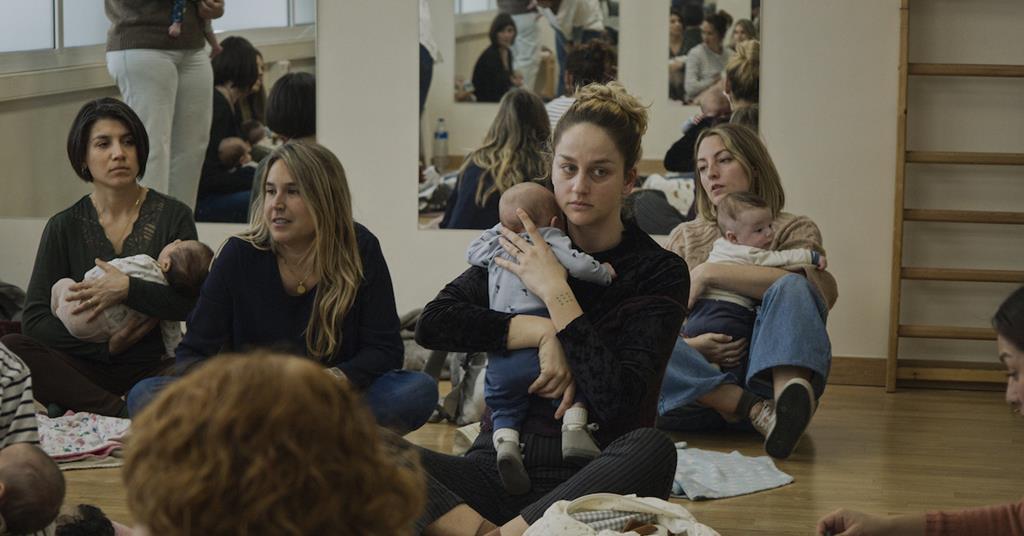Embrace the Divine: A Captivating Journey Through Valladolid's 'Salve Maria'

In a world where motherhood is often draped in the glossy sheen of hallmarks and hashtags, Mar Coll's Salve Maria rips that veneer clean off, exposing the raw, often turbulent essence beneath. It’s a gripping psychodrama that pulses with the kind of tension that, quite frankly, makes you want to clutch your pearls and question if you’re really cut out for this parenting gig.
Imagine this: our protagonist, Maria (brilliantly portrayed by Laura Weissmahr), is enveloped in a storm of emotions, none of which fit neatly into any of the cuddly, Pinterest-worthy representations of motherhood. Struggling in her tight little flat with baby Eric and her well-meaning yet oblivious boyfriend Nico (played by Oriol Pla), she finds herself casting a sullen shadow over her support group, all while Eric’s wails echo like a modern-day symphony of despair. It’s almost as if she’s trapped in a particularly bleak episode of The Twilight Zone, where the only escape is through a crow that swoops in with all the finesse of something truly ominous.
The film teeters on the edge of horror, with Coll deftly mixing psychological exploration with eerie elements that would make even Alfred Hitchcock raise an eyebrow. One minute, we’re seeing a woman spiraling into the depths of her own psyche, and the next, there’s a crow (or is it?) resembling something out of The Birds. It’s a potent reminder that our dear Maria is not simply playing the role of a new mother; she’s wrestling with a darker narrative that leaves her feeling dangerously untethered.
And then there’s Alice, the local woman who’s unwittingly become a media sensation for a deeply tragic crime: drowning her children. Perhaps Maria sees a reflection of her own fears in Alice, igniting a morbid fascination that leads her down a path few would dare to tread. She befriends Ana, the seemingly perfect mother (beautifully brought to life by Giannina Fruttero), whose neurotic edge hints at the anxiety lurking beneath her flawless facade. Together, they navigate the chilling remnants of a past no one wants to confront.
As the tension escalates, Salve Maria oscillates between brilliant intensity and moments that could risk tipping into melodrama. Coll's reliance on gothic horror tropes—lonely graveyards and spectral creatures—sometimes skews toward the kitschy, but when it strikes that delicate balance, it resonates with a haunting clarity. It’s in these moments where Maria’s sense of control slips away, and the horrific ties between motherhood and monstrous acts reveal their teeth. Weissmahr's performance, raw and unvarnished, compellingly pulls us into this taboo territory full of fear and confusion.
There’s also a literary charm woven through the film, elegantly borrowing epigraphs from figures like Adrienne Rich and Sylvia Plath—reminders that this emotional odyssey is not a solitary one but part of a broader, cultural dialogue about womanhood. After all, Maria is not merely a character; she is a culmination of all the women who’ve faced corners of despair in their journey through motherhood, each echoing a silent cry for understanding amidst the chaos.
Ultimately, Salve Maria stands as a powerful meditation on the complexities of maternal identity, casting a light on a subject so often glossed over in mainstream cinema. It’s a film for anyone who has ever wondered about the darker thoughts that sometimes sneak in during the quiet hours—and that, my friends, is where the true horror lies.

